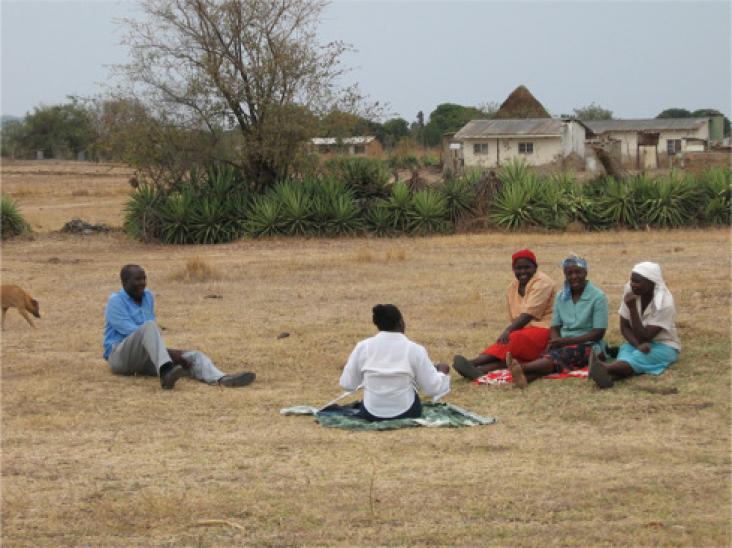This book chapter advances SDG #3 and #10 by reviewing deep brain stimulation as a treatment for AD patients, reviewing the recent studies and issues associated with the treatment.
This book chapter advances SDG #3 and #10 by reviewing the observed epidemiological links between normal and abnormal diurnal and seasonal rhythmicity, cognitive impairment, and ADRD. Then reviewing normal diurnal and seasonal rhythms of brain epigenetic modification and gene expression in model organisms. Finally, reviewing evidence for diurnal and seasonal rhythms of epigenetic modification and gene expression the human brain in aging, Alzheimer's disease, and other brain disorders.
This chapter addresses SDG 10 and SDG 3 by reviewing the explosion of research over the past 15 years on the role of segregation, and resultant differences in childhood neighborhood quality, as fundamental causes of health disparities over the life course.
This book chapter advances SDG3 Good Health and Wellbeing and SDG10 Reducing Inequalities by examining the role caregivers provide as a critical source of care for people living with disabilities and chronic conditions.
Elsevier,
Handbook of Aging and the Social Sciences (Ninth Edition) Handbooks of Aging 2021, Pages 131-149
This book chapter advances SDG3 Good Health and Wellbeing and SDG 10 Reducing Inequalities by examining the research on the role of segregation, and resultant differences in childhood neighborhood quality, as fundamental causes of health disparities over the life course including illness and disability.
Elsevier,
Barefoot Global Health Diplomacy, Field Experiences in International Relations, Security, and Epidemics, 2021, Pages 27-49

Adaptability to politics, economics, and to the wealth and poverty of the world: health programs, in emergencies or over the longer term, need to be aware of local incomes and costs of services—and how they can be paid for. Programs and projects and interventions should thus evolve to make sure the treatment, the testing, the assistance they are promoting is available and affordable—both when the internationals are there, and after they leave
Elsevier,
Human Sexuality, Function, Dysfunction, Paraphilias, and Relationships, 2021, Pages 63-105
Includes factors contributing to a fulfilling sexual relationship, gender differences in sexual behavior, sexuality and culture, affect, sexual toys and masturbation and their relation to sexual enjoyment, and sexuality in the 21st century. Supports the goal of SDG target 3.7: By 2030, ensure universal access to sexual and reproductive health-care services, including for family planning, information and education, and the integration of reproductive health into national strategies and programmes
This book chapter advances SDG3 Good Health and Wellbeing and SDG10 Reducing Inequalities by reviewing the steps needed to develop and implement a nutritional plan for patients with neurologic disorders.
Elsevier,
Biosignal Processing and Classification Using Computational Learning and Intelligence: Principles, Algorithms, and Applications, Volume , 1 January 2021
This content aligns with Goal 3: Good Health and Wellbeing as well as Goal 10: Reducing Inequalities by presenting EEG and machine learning approaches to the classification of attention deficit and hyperactivity disorders for the improvement of specificity, reducing over diagnosis and under diagnoses, thereby avoiding undesirable consequences in adulthood.
This content aligns with Goal 3: Good Health and Wellbeing as well as Goal 10: Reducing Inequalities by using the statement "The negative impact of disability should have minimal effect on a person’s quality of life" to motivate research of a wearable headpiece and electronic mechanical wheelchair unit.
